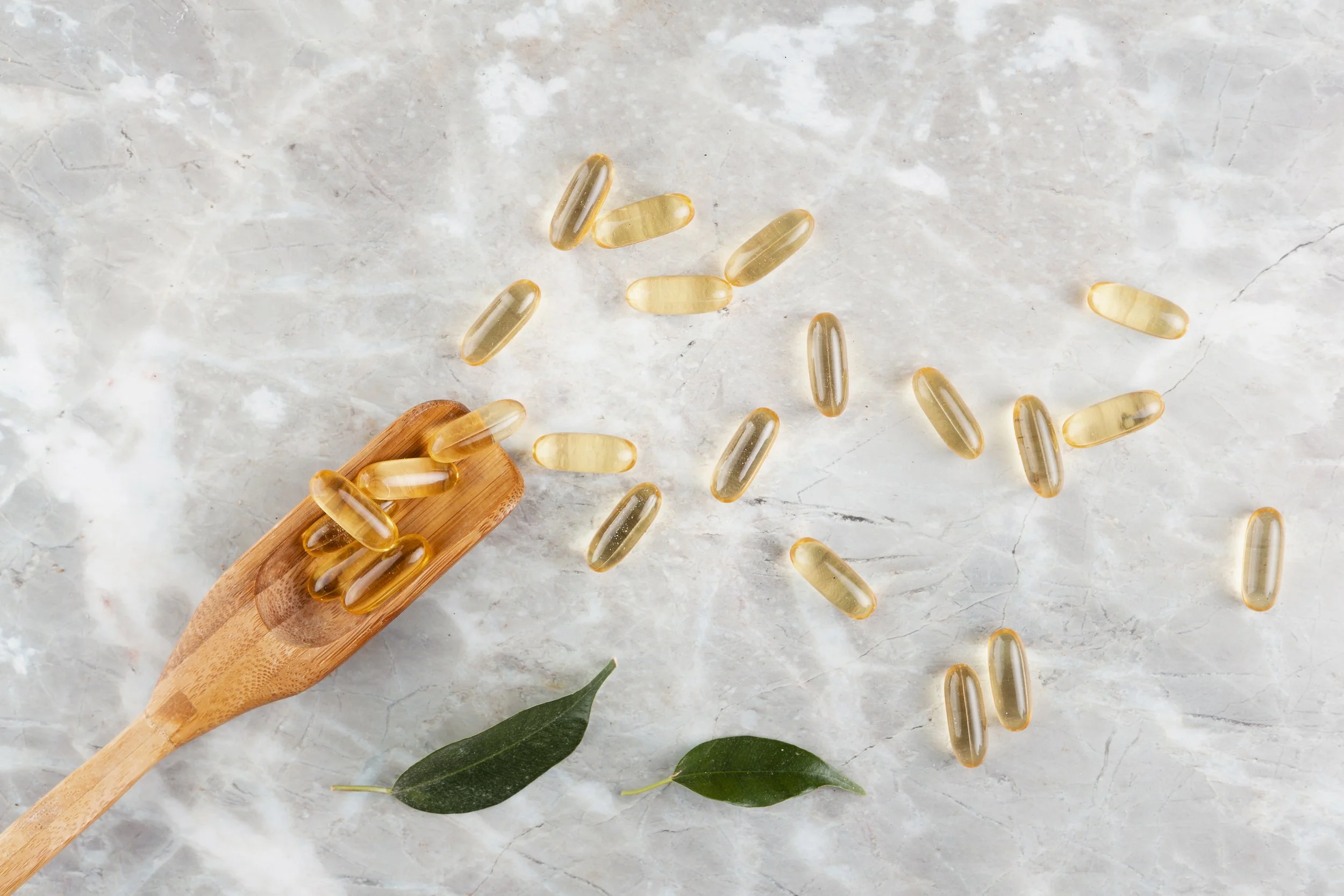Should Teenage Athletes Take an Omega 3 Supplement?
Parents of teenage athletes that visit my clinic often ask me if their teenager should take a fish oil (Omega 3) supplement.
In the rare case the teenager has a diet rich in oily fish such as salmon, tuna and sardines (at least 3 times a week), I would not recommend a supplement as their dietary intake would be sufficient.
However in most cases, fish is not regularly on the menu and I encourage a high quality Omega 3 supplement, especially when the teenager is doing 10+ hours of training per week (inflammatory action) and does not eat fish.
Omega 3 Benefits
Most of the research on the health benefits of Omega 3 has been done on adults, however many of these benefits can be extended to teenagers. Beneficial effects of Omega 3 include; lowering blood fat levels and blood pressure, lowering bad cholesterol (LDL) and raising good cholesterol (HDL) and also decreasing the risks associated with heart disease such as heart attack and stroke. There is also encouraging evidence linking Omega 3 to improved insulin sensitivity.
Benefits specific to Teenagers
Other health benefits which are perhaps more relevant to teenagers include a beneficial effect on the immune system and inflammatory diseases such as asthma, eczema, psoriasis and inflammatory bowel disease.
One of the most interesting areas or research is around Omega 3’s effect on brain functioning and maintenance. Fish Oil contains both EPA and DHA, both essential for brain growth and development. Remember brain development is still occurring in the teenage years and a number of small research trials have shown an improvement in focus and attention for kids that take Omega 3 for a period of 3 months or more. Finally Omega 3 supplements may also help to improve mood and memory, and protect against brain disorders ranging from depression to dementia.
Competition with Omega 6
A Sydney Immunologist recently reminded me that it is not enough just to focus on increasing your Omega 3 intake. At the same time, we adults (and our teenagers) must try to reduce our Omega 6 in take. In other words it is the ratio of Omega 6 to Omega 3 that is critical. Our aim is to achieve a ratio of 1:1 in our diet but sadly it is more like 16:1 in favour of Omega 6.
Omega 6 is also a polyunsaturated fat found in processed seed and vegetable oils such as safflower and sunflower, as well as wholegrain cereals and nuts. Although wholegrain cereals and nuts are encouraged in small amounts, it is all about balancing the scales. Unfortunately a typical Western Diet is high in processed seed and vegetable oils (often found in commercial breads, biscuits, crackers and other baked goods), which tips our Omega 6 levels way too high.
The issue with an excess Omega 6 level over Omega 3 is that these two compete for the same pathway within the body and Omega 6 may actually counteract the health benefits of Omega 3 by causing inflammation.
The Type of Fish Oil Supplement Is Important – Choose Wisely
I recommend “Practioner Only” Omega 3 supplements for two reasons. Firstly fish oil must be transported carefully and kept cool. Omega 3 supplements can react with oxygen and go rancid very quickly. Rancid tablets can potentially be carcinogenic. Always smell the bottle before consuming. If there is a strong fishy smell don’t eat it.
The second reason is that “Practitioner Only” brands are purified fish oil and go through stringent quality control to ensure there is no common contaminants such as mercury, lead, cadmium and arsenic.
Warning: If you or your teenager is only any type of medication (including for ADHD or Blood thinning) please consult your doctor before taking any supplements.

